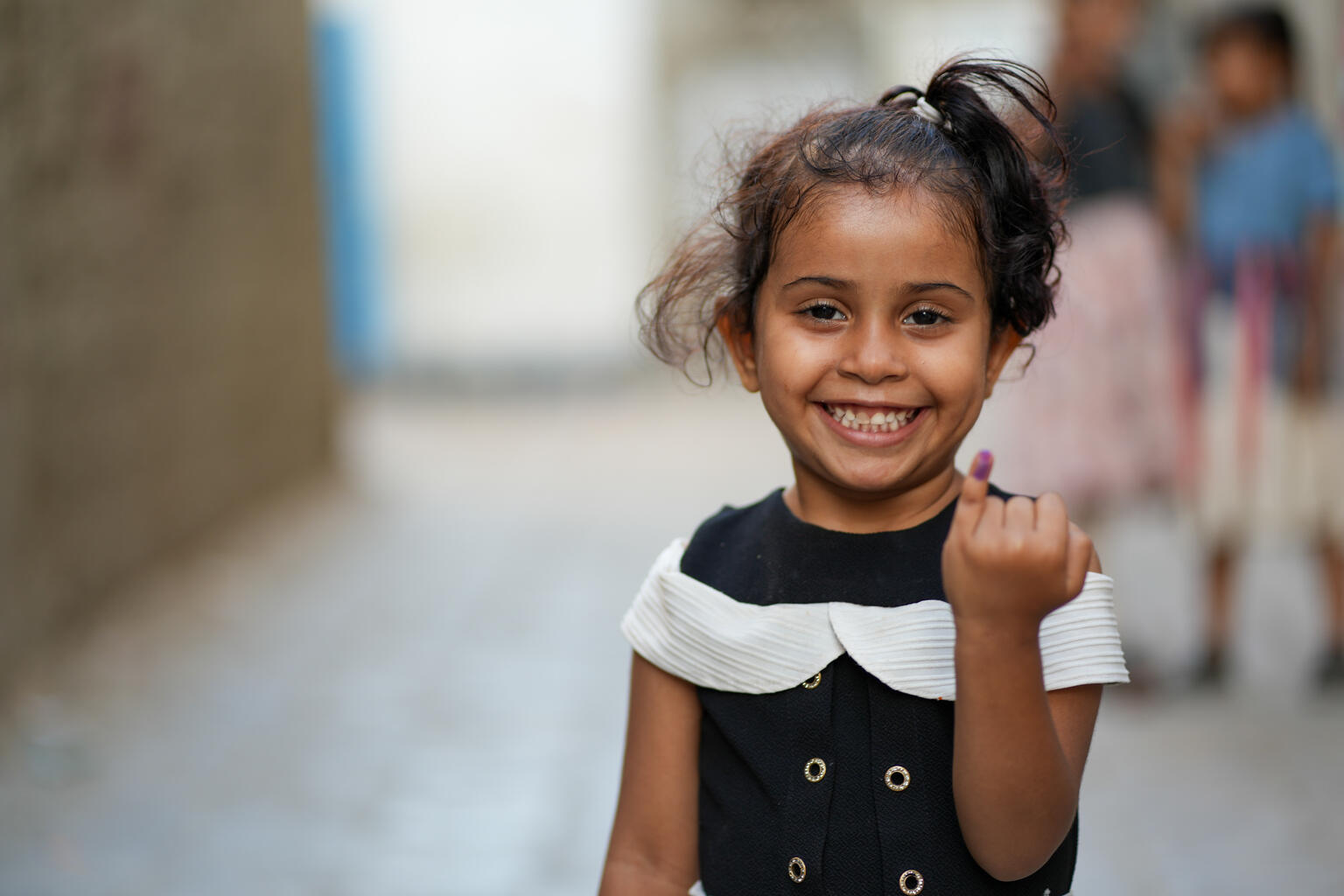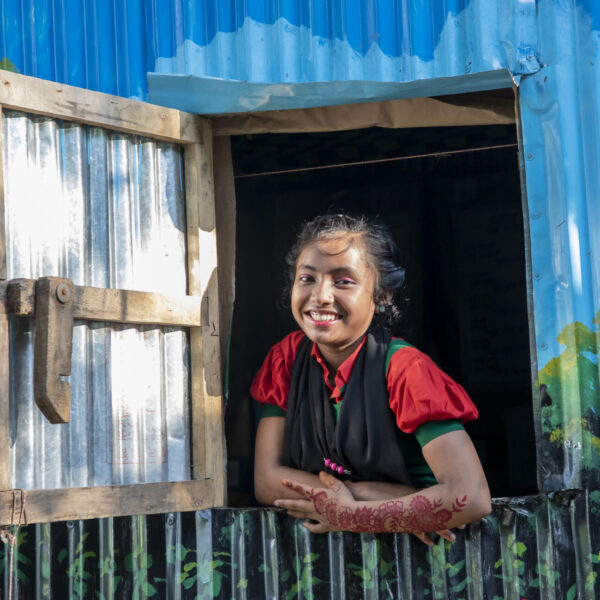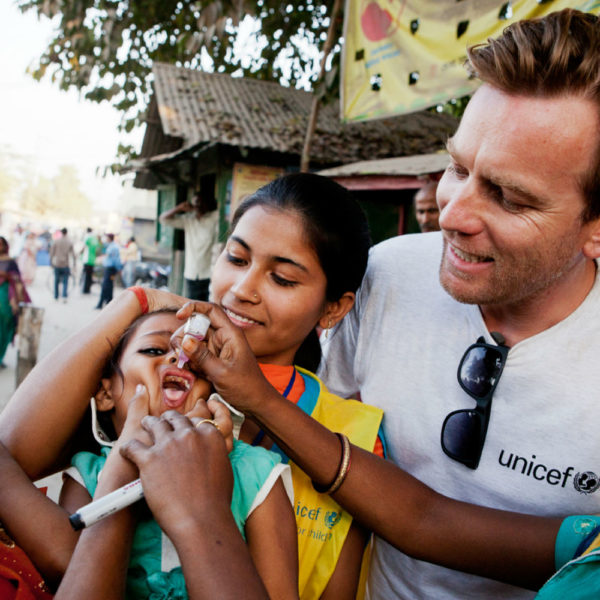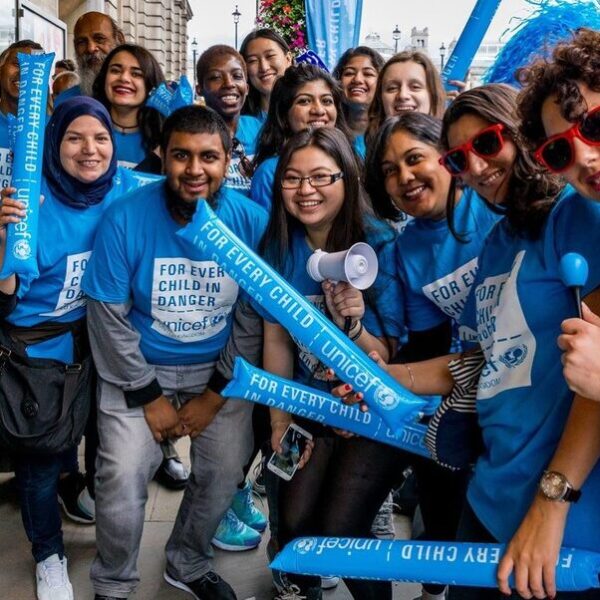Vaccines are the world’s safest method to protect children from life-threatening diseases.
Deadly diseases like measles, polio, tetanus, tuberculosis, diphtheria and whooping cough are all easily prevented by vaccination. Yet every day, over 13,000 children under five die, usually because they don’t get the health care and life-saving vaccines they need.
Due to access and availability inequalities, children from the poorest, most marginalised communities are less likely to receive vaccinations. That’s why we provide vaccines to immunise almost half of the world’s children against preventable diseases, and support our partners with immunisation programmes in over 100 countries to keep children safe.
We work to strengthen health systems and immunisation services by supporting the training of health workers, improving supply chains and providing safe and effective vaccine storage and disease surveillance systems to track or predict disease outbreaks.
Since 1980, we have helped quadruple immunisation rates for children worldwide, saving almost 4.5 million children’s lives a year.
Today more children are protected than ever before, but there is still more work to be done.
Anirlan’s Story
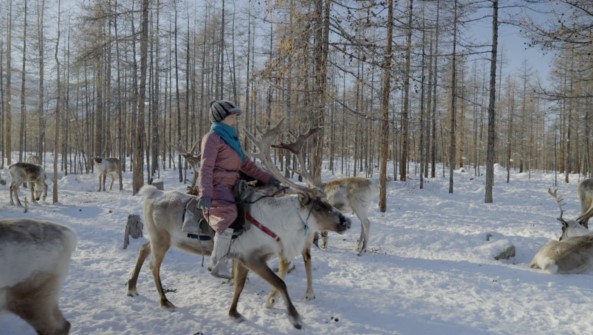
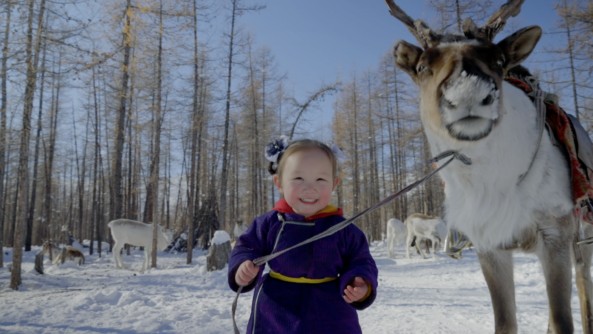
WE’RE HELPING TO SAVE CHILDREN’S LIVES ALL OVER THE WORLD
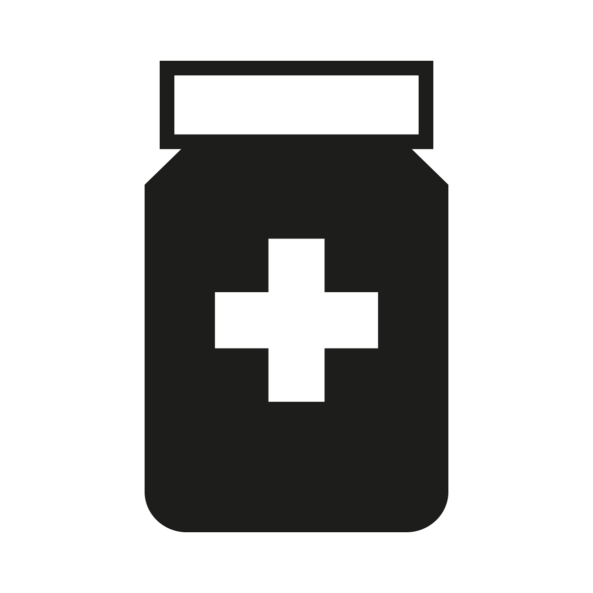
We provide more than 2 billion vaccine doses each year, reaching 45% of the world’s children under five.
Vaccines in Emergencies
Crises can exacerbate outbreaks of common, infectious diseases such as measles. This often happens when the capacity of health services is stretched, normal services are interrupted and communities are exposed to harsh and sometimes cramped conditions where diseases can easily and quickly spread.
To ensure no child is left behind, vaccines are always part of our emergency response.
In 2022, over 27 million children were vaccinated against measles in humanitarian emergencies.
Hanna fled Kyiv with her family, but was able to get her children vaccinated in Western Ukraine. Many Ukrainians, like Hanna, have found themselves far from home without a family doctor. As the violence in Ukraine escalates, so too does the risk of infection outbreaks. UNICEF is supporting the Ukrainian Government’s immunisation progamme to help protect children from life-threatening diseases.
Read more about our emergency response.
Our Campaign Against Malaria
Malaria, which is spread via mosquito bites, is one of the greatest dangers for children.
The symptoms can be severe. They include fever, chills, seizures and difficulty breathing. without timely diagnosis and treatment, malaria can be deadly. Globally, a child dies of malaria nearly every minute.
But it doesn’t have to be that way. We secured supplies of the first ever malaria vaccine in 2022. 18 million doses will be made available over the next three years, potentially saving thousands of lives each year.
Therefore, UNICEF works closely with partners to deliver key supplies, including mosquito nets, rapid diagnostic tests and antimalarials to the children most at risk of infection. We are also one of the world’s largest distributors of insecticide-treated nets to protect children from mosquito bites. Every year, UNICEF and many other global partners, including the Global Fund and the U.S. President’s Malaria Initiative, send out around 220 million mosquito nets to more than 120 countries.


